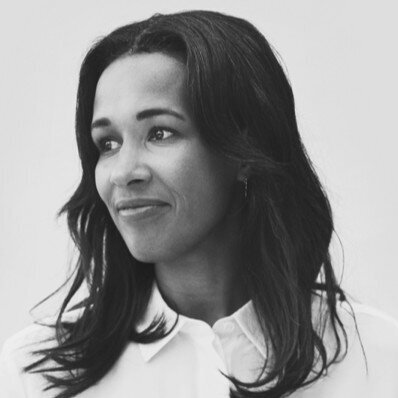Connecting The Dots: 12 Perspectives On Coronavirus Lessons For Climate Change
Reblogged from Sandbox Zero by Raz Godelnik a Tishman Center Affiliated Faculty
While we live in an era that will most likely be shaped by the climate crisis, right now the focus is on coronavirus, which has turned the world into a very different place in a very short time. However, climate change is not sitting down and waiting patiently until we’re done dealing with the coronavirus. It continues to be an existential threat to humanity, even if short-term decrease in activity may slow it down. In a way, it is accompanying the coronavirus like a shadow, challenging us to consider it in every step of the way. The challenge, as we will see, is not only to remind ourselves that the climate crisis is here, even if we deal with another emergency, but also to learn the lessons from the coronavirus and figure out how to apply them to the fight against climate change.
To gain a better understanding of the coronavirus lessons for climate change we asked researchers, practitioners and activists whose work relates to climate change to share their perspectives with us. We consider it as the beginning of an ongoing conversation that will continue to develop together with our response to the pandemic. We hope you find it useful!
Davida Smyth
Microbiologist/Educator, The New School
“When humans isolate, pollution is reduced and nature comes to the fore....There's a lesson there…”
Lars Jacob Tynes Pedersen
Associate Professor, NHH Norwegian School of Economics
“If anything, I've become even more pessimistic when I see the lack of willingness to act in line with advice from health authorities even in a case that so clearly requires us to change behavior urgently.”
Zoe Cohen
Executive Coach and Climate Activist
“in reality, despite Greta and XR waking people up, the changes were never going to be made fast enough to have a hope of avoiding 2 degrees heating without a shock jolting us out of our bubbles, patterns, habits and deep, deep levels of psychological denial”
Diego Saez Gil
Founder and CEO at Pachama
“I hope we use this pandemic as a learning opportunity, for how to act collectively to solve a global problem. Global shocks wake people up and elevate the global consciousness.”
Link to full response
Brad Zarnett
Sustainability Writer & Blogger
“I'm hopeful that we will find a way to mobilize around a new vision - one that is focused on two main metrics; wellbeing and public health. Organizations that degrade those two metrics will experience a direct link in a loss of market value.”
Elaine Cohen
Sustainability Consultant
“Bad habits lead to bad consequences that force changes of a magnitude that is far more radical than the change in behaviors necessary to solve the problem in the first place.”
Nathalie Green
CEO & Cofounder Doconomy
“As of now, we can actually prove how fast we can make a difference, I'm hoping this will make it easier to comprehend why we need to change and that it can be done. We have already done it.”
Elena Bennett
Professor at McGill University
“...the changes have had a big impact on those already vulnerable, and large ripple effects. We might anticipate that changes to fight climate change could have similar impacts, and should take care to mitigate those.”
Gil Friend
Strategic advisor and executive coach. CEO, Natural Logic Inc.
“wondering how we generate this level of urgency and global cooperation without a very visible and very scary problem. (The climate crisis is too slow and distant to get most people out of their seats.)”
Jean Gardner
Professor at Parsons School of Design, Yoga Practitioner, Family member
“The most important lesson is the interconnection of the pandemic and climate change. Our belief and thus our actions that all things human are separate from the rest of the world is the crux of the lesson.”
Jen Boynton
CSR reporting lead for Cisco
“The reduction in transportation alone will buy us crucial months to address climate change”
Raz Godelnik
Assistant Professor at Parsons School of Design
“It's obvious now that climate change is still perceived as a distant threat, not a clear and present danger as we see now how we respond when we truly think 'our house is on fire'”













